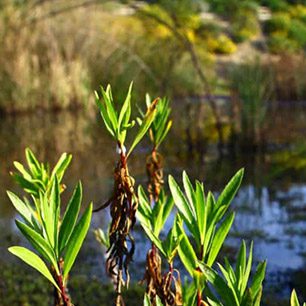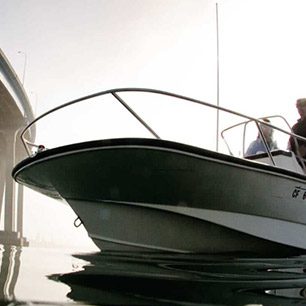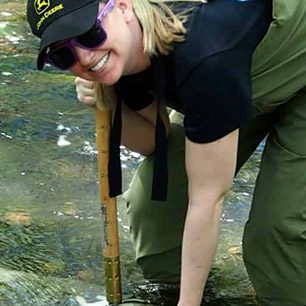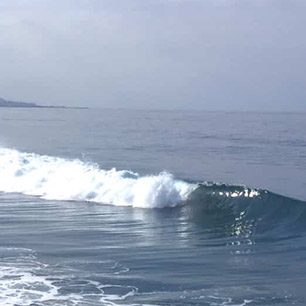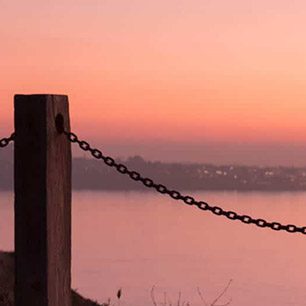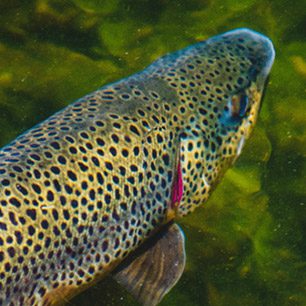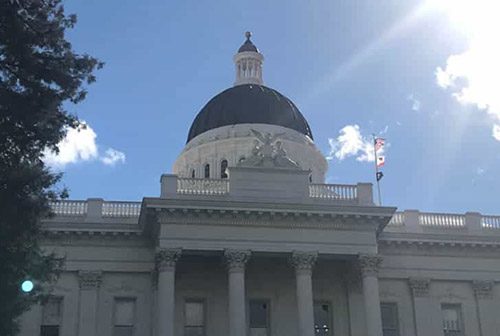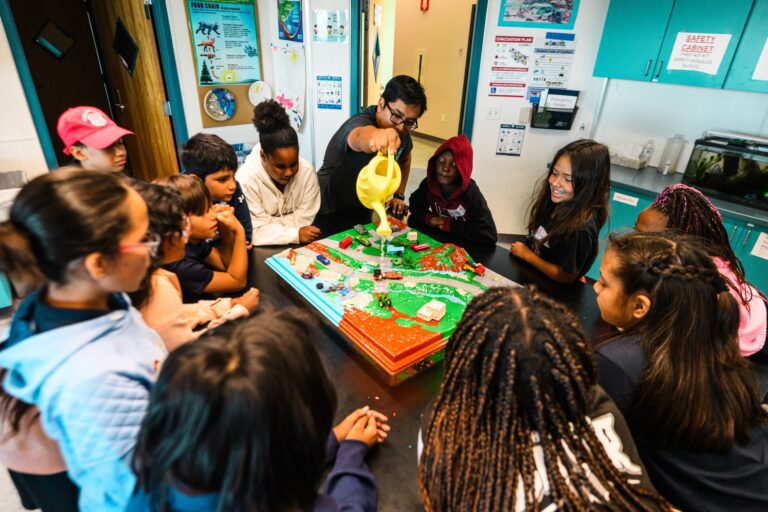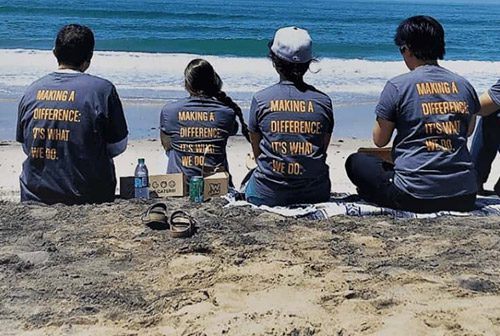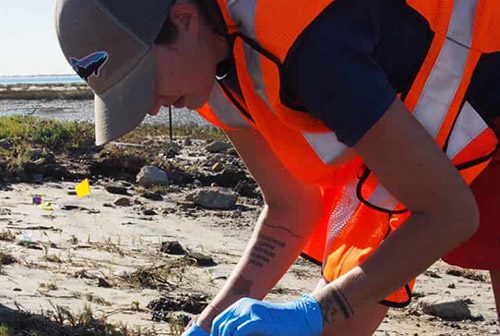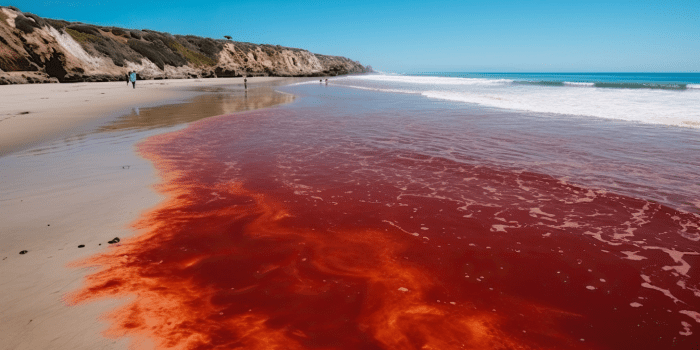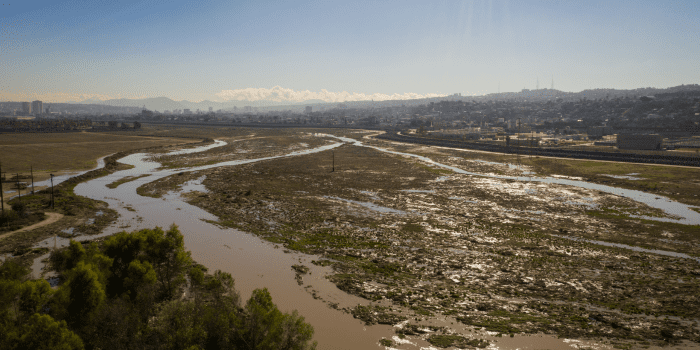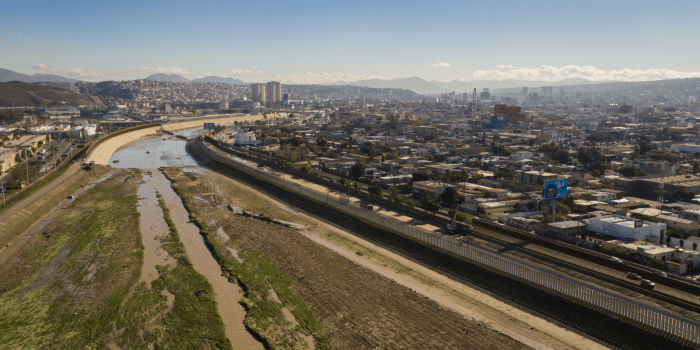

Impressive work, but still troubling.
Even with many responsible and concerned individuals keeping our beaches free of trash, there’s always more to remove. So where is it coming from? Were all 2,615 plastic bags collected this year intentionally or accidentally left at the beach? Most likely, no.
San Diego is home to 11 watersheds, areas in which all water from rain, creeks, rivers and streams drains into the same location. For San Diegans, that common location is the Pacific Ocean. Water moving through our watershed transports trash left on the ground and moved out of trash bins by wind or animals to the ocean.
To address some of our inland pollution sources, San Diego Coastkeeper and UCSD Environment, Health & Safety teamed for a cleanup of the UCSD campus. Opting for a morning in a parking lot and inland canyons over a Southern California beach may not seem a fair trade, but what we found might convince you otherwise.
Twenty-one volunteers removed 31 pounds of trash. This included 4,201 cigarette butts. Just as a reference, our 150 volunteers at our Coastal Cleanup Day site at Tourmaline Beach found 130 pounds of trash. They collected 672 cigarette butts. Inland pollution needs a little more credit than we’ve been giving it.
Trash left behind at UCSD can travel all the way to La Jolla Shores. Here, trash entering the ocean is unsightly and directly impacts an Area of Special Biological Significance (ASBS) where pollutants are banned. This area is considered so ecologically important that the state gave this designation to 88 acres at Scripps and 450 acres at La Jolla.
Maintaining the health of our ASBS regions in San Diego is critical but difficult to manage. Impacted by actions not only along the coast, but throughout the watershed, each individual living here has a role in protecting them.
Given the success of our event with UCSD Environment, Health & Safety, Coastkeeper is looking forward to more programs focused on our inland areas to protect our water and coastline. In the meantime, do your part. Help protect the unique and fragile ecosystems we have in our backyard by remembering your actions have an impact, even far from the coast.
